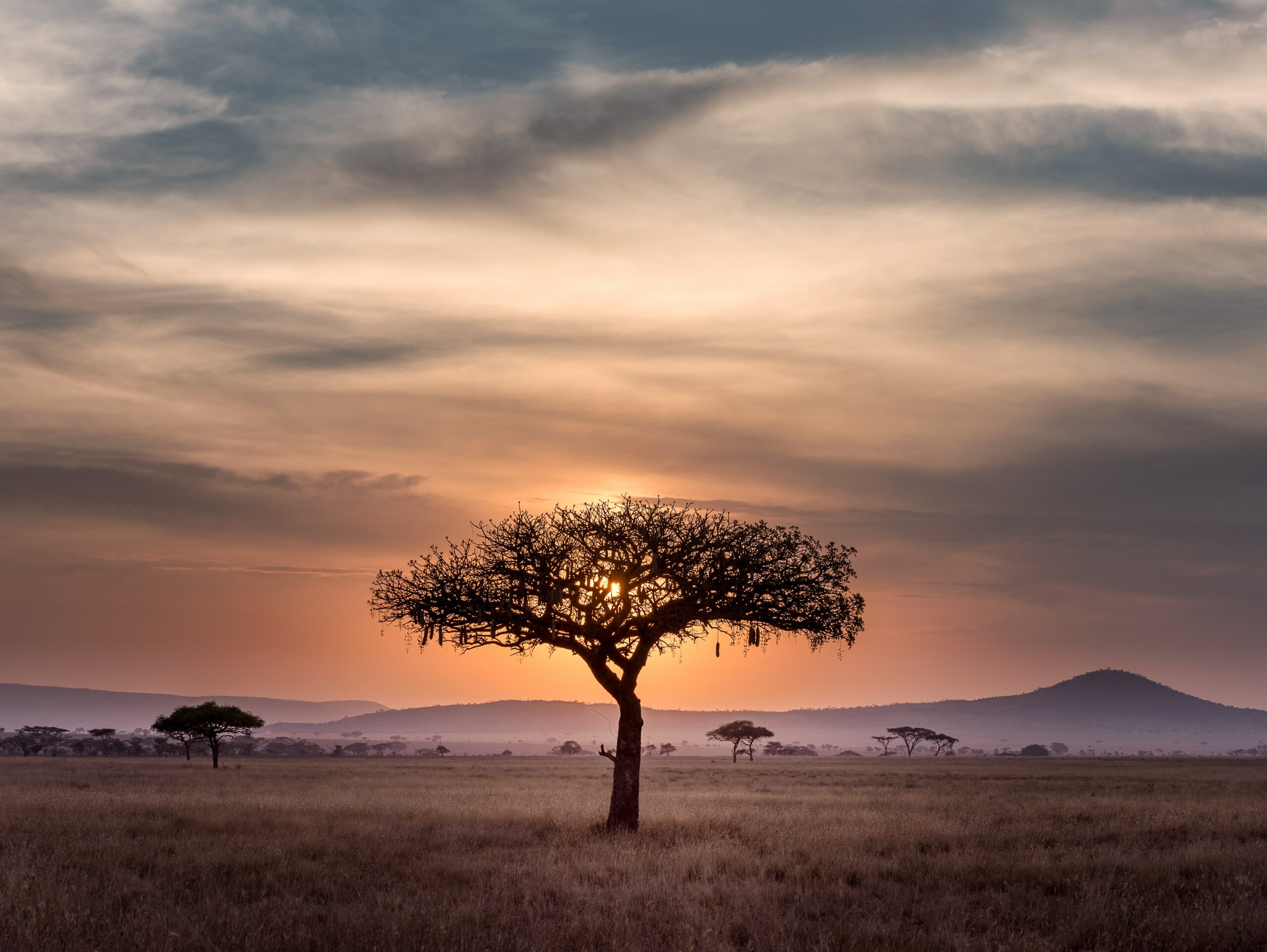We are excited to announce that Brink is now part of Africa Practice. Learn more
Africa’s carbon market dilemma

Ethical consumers are increasingly scrutinising businesses’ environmental impact and carbon emissions. Individuals and civil society groups are also adopting an increasingly sceptical approach towards one of the instruments they use to make these claims: the voluntary carbon market.
The voluntary carbon market allows companies to offset their emissions by funding projects with a positive environmental impact elsewhere through the purchase of carbon credits. It is quickly becoming a lucrative industry; but it is not one without its controversies – as epitomised by the launch of the Pan-African Voluntary Carbon Credit Register and Victoria Falls Stock Exchange Carbon Market in Zimbabwe earlier this month.
Eyes on the prize
The African continent has the potential to generate significant revenues from the voluntary carbon market. Africa currently produces 13% of the globe’s carbon credits, according to Bloomberg BNEF, but this share could grow significantly as the continent is home to some of the world’s largest carbon sinks. Thus, according to the African Carbon Markets Initiative, the continent generates only 2% of its maximum annual potential of carbon credits.
These dynamics are evolving, however, as more investors and policymakers become aware of the market’s potential. In June, the Regional Voluntary Carbon Market Company (RVCMC), backed by Saudi Arabia’s Public Investment Fund (PIF), conducted the world’s largest voluntary carbon credit auction in Nairobi, selling 2.2 million tonnes worth of credits. With excitement about the potential of carbon credits abound, Zimbabwe sought to take assertive steps to position itself at the centre of the carbon market with the launch of the Pan-African Voluntary Carbon Credit Register and Victoria Falls Stock Exchange Carbon Market in July.
In an event supposed to catalyse investment into carbon credits and assure investors of the market’s integrity, organisers blindsided delegates with the appearance of controversial former South African President Jacob Zuma, who is currently under investigation for corrupt practices in an arms deal. Adding to the peculiarity, Zuma was representing the Belarus African Foreign Trade Association, whose pledge to open the register with a listing of 2 million carbon credits quickly became shrouded in doubts as to the veracity of their calculations. Speculation ensued that these carbon credits were actually a way for Russia to dodge Western sanctions.
A familiar gold rush
This unintentional spooking of investors at Victoria Falls followed Zimbabwe’s abrupt and ill-conceived interest in carbon markets. In the months leading up to the event, Zimbabwe signalled its intention to become the first country in the Global South to issue top-down regulation on the carbon market. While regulation has yet to be gazetted, it would mandate the treasury to take 50% of the revenues generated from carbon credit projects, while allocating 20% to local investors and limiting foreign investors to 30%. This abrupt move has already led to the suspension of the world’s second-largest carbon initiative, the Kariba REDD+ Project, forcing a carbon-offsets verifier, Gold Standard, to pause the issuance of credits from the country. Despite the industry response, Malawi, Zambia and Kenya have all indicated that they will pursue similar policies, guaranteeing revenue allocations to the state (and potentially other local actors). This illustrates that Zimbabwe’s move to capture a greater share of rents from the industry cannot entirely be dismissed as unfounded, even if the government failed to consult stakeholders before moving on the industry.
Rather, just as the voluntary carbon market can be viewed as a direct response to the climate crisis, the behaviour of the actors within it and the logic they employ can also be understood as products of the crisis. The age of ‘polycrisis’ – characterised by the intersections of the COVID-19 pandemic, the conflict in Ukraine, climate and cost-of-living crises – has heightened the vulnerability of African countries and their peripheral position on the global stage. The continent has repeatedly lost out as the Global North ignored calls for COVID-19 vaccine equity, failed to adhere to its climate financing promises, and prioritised its own markets as food inflation took hold in the wake of Russia’s invasion of Ukraine. The lesson appeared to be, no matter how good the argument, if you don’t possess a more central stake, the status quo can be very hard to budge.
Outlook
Therefore undergirding much of the regulation against the voluntary carbon market is the perennial concern over replicating an ever-familiar dynamic on the continent where the benefits of Africa’s natural capital appear to elude most of the population. While the anxieties over the market are understandable given Africa’s neglect during the age of polycrisis, overly restrictive regulation risks stifling an emerging industry. This would be a major loss, since the inherent attraction of carbon markets is their ability to drive capital to areas on the frontline of the climate crisis without waiting for commitments from governments in the Global North.
The market for carbon credits has the potential to grow to USD 1 trillion in the next 15 years, according to Bloomberg BNEF. However, for this ambition to be realised all actors in the market need to play by the same rules and cooperate to establish the trust and integrity required to allow the market to flourish.
About the author
Lami Mabifa is an Associate Consultant at Africa Practice and works with various clients across the continent, conducting research, providing analysis and insights, and supporting stakeholder engagements. He can be reached at [email protected].
Proud to be BCorp. We are part of the global movement for an inclusive, equitable, and regenerative economic system. Learn more


